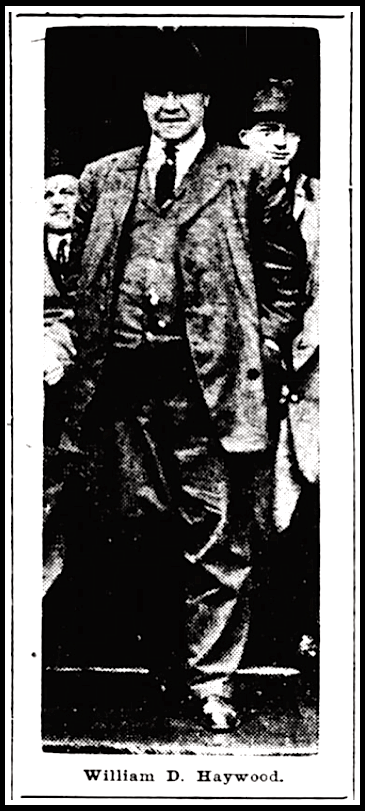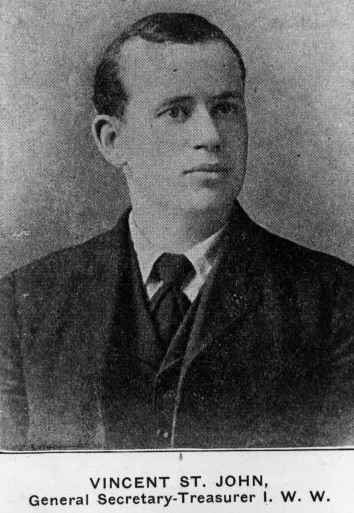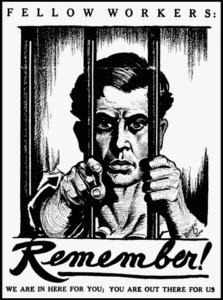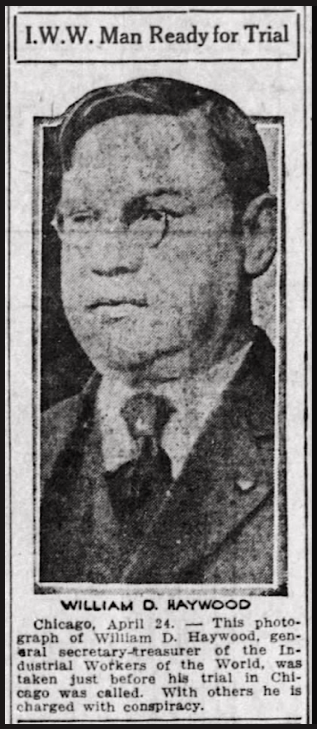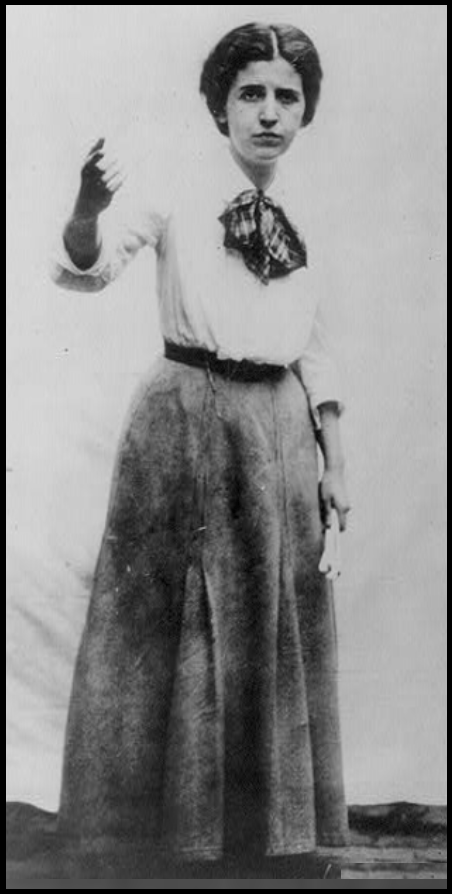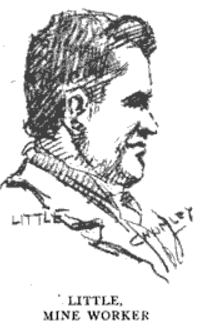 —————
—————
Hellraisers Journal – Saturday May 13, 1922
Mary Heaton Vorse on Children’s Crusade for Amnesty
From The Nation of May 10, 1922:
The Children’s Crusade for Amnesty
By MARY HEATON VORSE
A GROUP of travel-worn working women and their children paraded from the Grand Central Station up Madison Avenue. The young girls stared straight ahead of them; babies stumbled with fatigue. Women, carrying children, sagged along wearily. They carry banners. The little boy who walks on ahead has a firm mouth and holds his head up. His banner reads “A Little Child Shall Lead Them.” There are other banners, which read “A Hundred and Thirteen Men Jailed for Their Opinions”; “Eugene Debs Is Free-Why Not My Daddy?” One banner inquires “Is the Constitution Dead?” One young girl carries a banner, “My Mother Died of Grief.” One woman with a three-year-old baby holds a banner saying “I Never Saw My Daddy.”
Reporters, movie men, and members of the bomb squad accompany the band of women and children. This is a new sort of show. This is a grief parade. These are the wives and children of men serving sentences under the Espionage Act, the wives and children of political prisoners jailed for their opinions. Some of the men did not believe in killing, and some belong to labor organizations. Not one of them was accused of any crime. They are serving sentences from five to twenty years.
Their wives and children are on a crusade. They have come from Kansas corn-fields and from the cotton farms of Oklahoma, from New England mill towns, from small places in the Southwest. They have been through many cities. They are on the way to Washington to see the President of the United States.* They have come here showing their wounds and their humiliation. They have spread out before us their frugal, laborious days. With a terrible bravery they have displayed them so that you and I might see them and be moved—perhaps, and, perhaps, help.

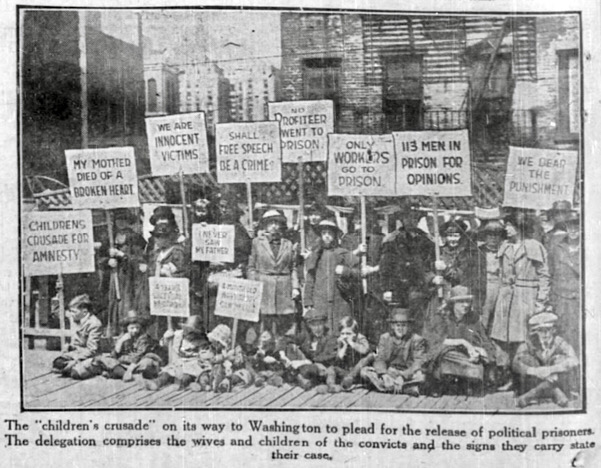
 —————
—————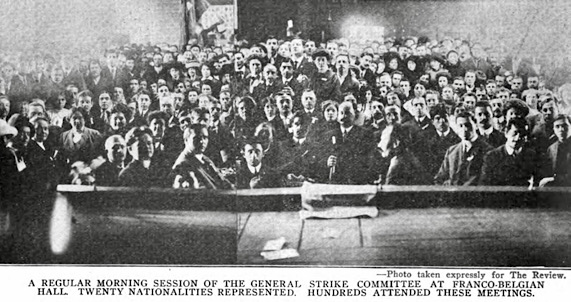
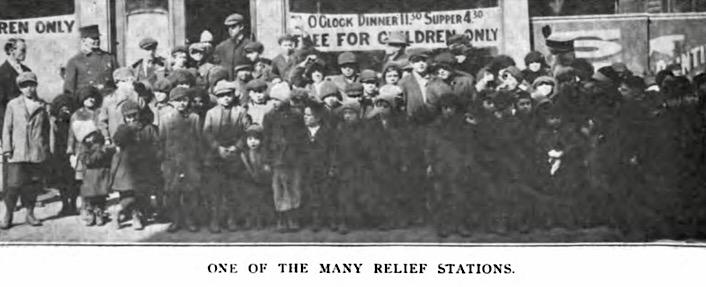
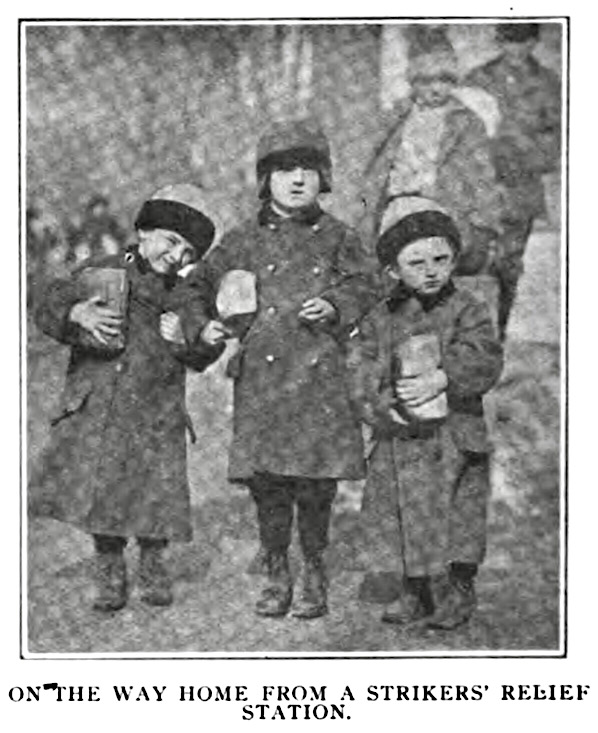
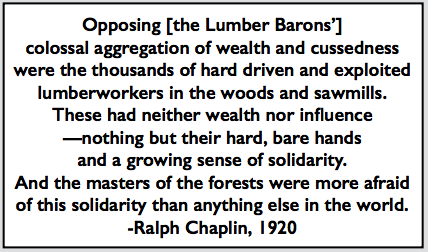 ———————-
———————-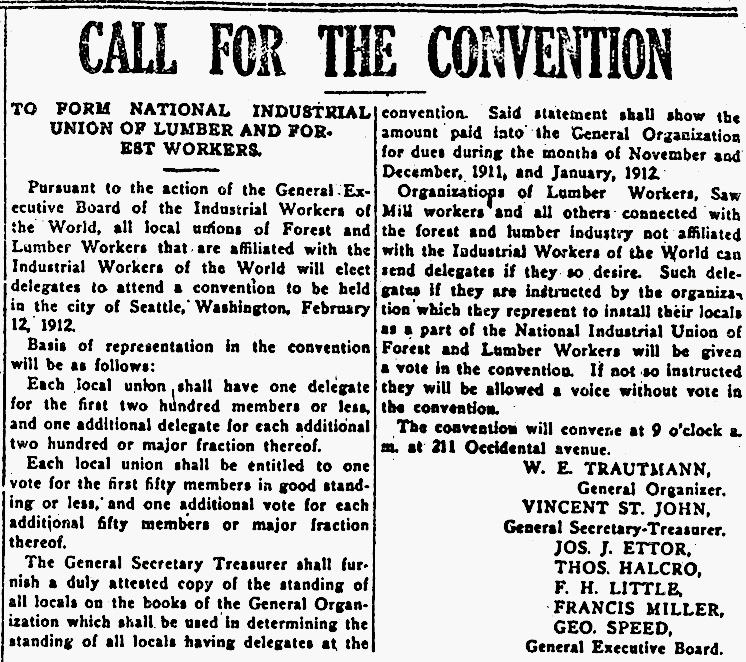
 ———-
———-